Freeform's hit series The Bold Type is beloved for its intersectional female characters and empowering storylines, but it seems the series was not practicing what they preached behind the camera. In the most reason season, actress Aisha Dee plays Kat, a Black bisexual character who, for some bewildering reason, falls for a conservative white woman named Ava whose father runs a gay conversion therapy center. After three seasons with the character, fans thought the arc was completely out of character with the Kat they came to know and love. HuffPost called out the storyline as bigotry, reinforcing these opposing women's beliefs as "merely differences of opinion, worth agreeing-to-disagree over in the name of romance."
With a reflective new Instagram post calling out the series, Dee agrees. The 26-year-old candidly shared her thoughts and criticisms about her experiences with racism in the industry.
"Knowing the power that art had to shape my mind and experience, I have to speak up," Dee wrote. "The Bold Type came into my world at a moment when my self-esteem was at an all-time low...For the first time in my career, I got to play a character who was centered in her own narrative. She wasn't just the white character's 'best friend.' She was empowered and confident, she approached the exploration of her queer identity with an open heart, and was met with nothing but love and acceptance from her friends."
She believed the romance that her character played out with Ava was "out of character."
"The decision to have Kat enter into a relationship with a privileged conservative woman felt confusing and out of character," says Dee. "Despite my personal feelings about the choice, I tried my best to tell the story with honesty, even though the Kat I know and love would never make these choices. It was heartbreaking to watch Kat’s story turn into a redemption story for someone else, someone who is complicit in the oppression of so many. Someone whose politics are actively harmful to her communities."
Dee then makes a point to share how much she loves the show while pointing out the lack of Black and brown voices in the writer's room. "It took two seasons to get a single BIPOC in the writers’ room for The Bold Type. And even then, the responsibility to speak for the entire Black experience cannot and should not fall on one person. We got to tell a story about a queer Black woman and a lesbian Muslim woman falling in love, but there have never been any queer Black or Muslim writers in the room. In four seasons (48 episodes) we’ve had one Black woman direct two episodes."
That plays a part in the character arcs on the show.
"The level of care, nuance, and development that has gone into the stories centering white hetero characters is inconsistent with the stories centering queer characters and POC," Dee continued. "I do not believe this is intentional. We cannot bring specificity and honesty to experiences we have not lived. And when there is a lack of representation, the way marginalized characters are treated is even more important because they have the potential to empower or perpetuate damaging stereotypes that have a lasting and real effect on real people."
She points out that in season 2, Kat was promoted to become the first Black department head of the central magazine of the show, but there hasn't been a single Black department lead on the production side of the series. She even reveals that it took three seasons for the show to hire someone who knew how to work with her textured hair. "This was impactful on so many levels, and I'm grateful for the women who showed me how to embrace and love my hair in a way I never had before."
She ends the message with her hope that "it's clear that everything I've said here is said with love. By speaking out, I'm taking a risk. It's scary, but it's worth it. This is not judgment. This is a call to action. We deserve to see stories that are for us, by us."
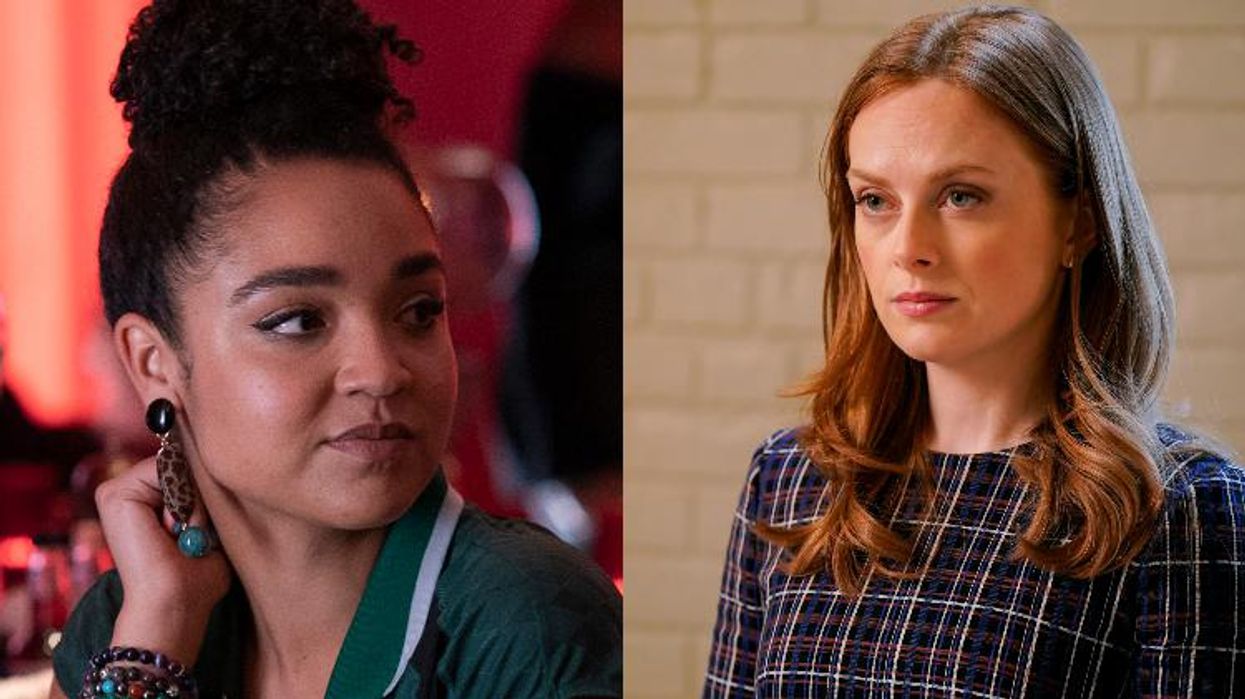





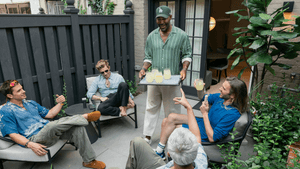

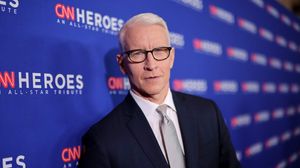


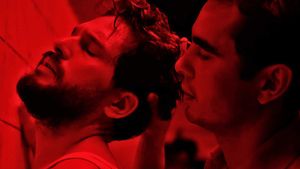
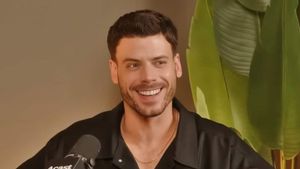
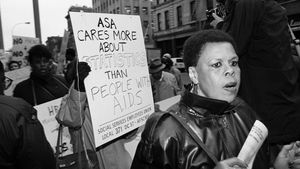
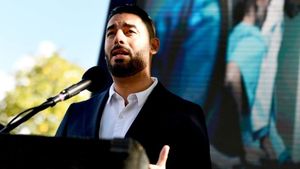
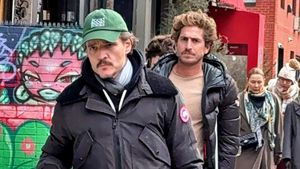
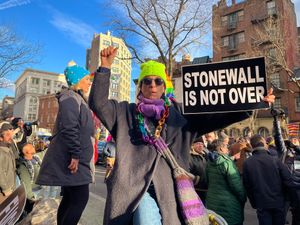

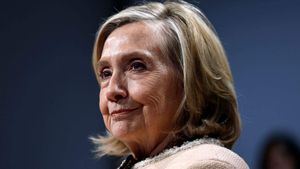
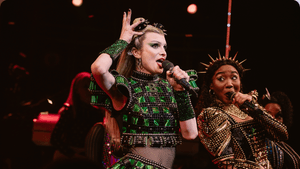




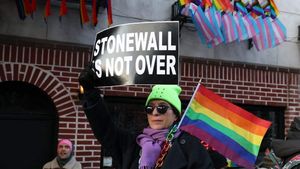



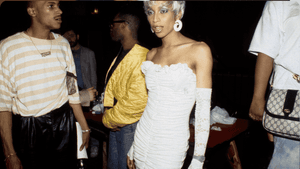
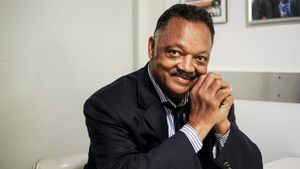

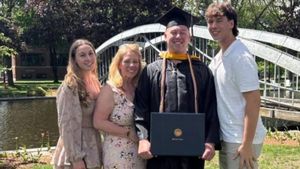








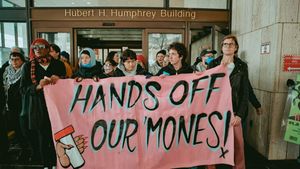

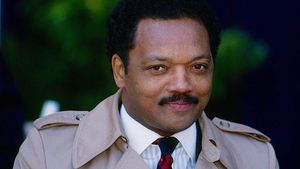
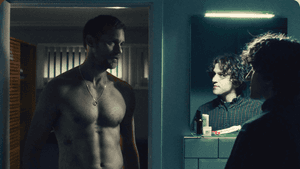
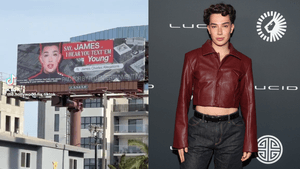
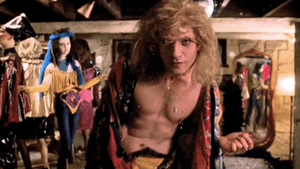

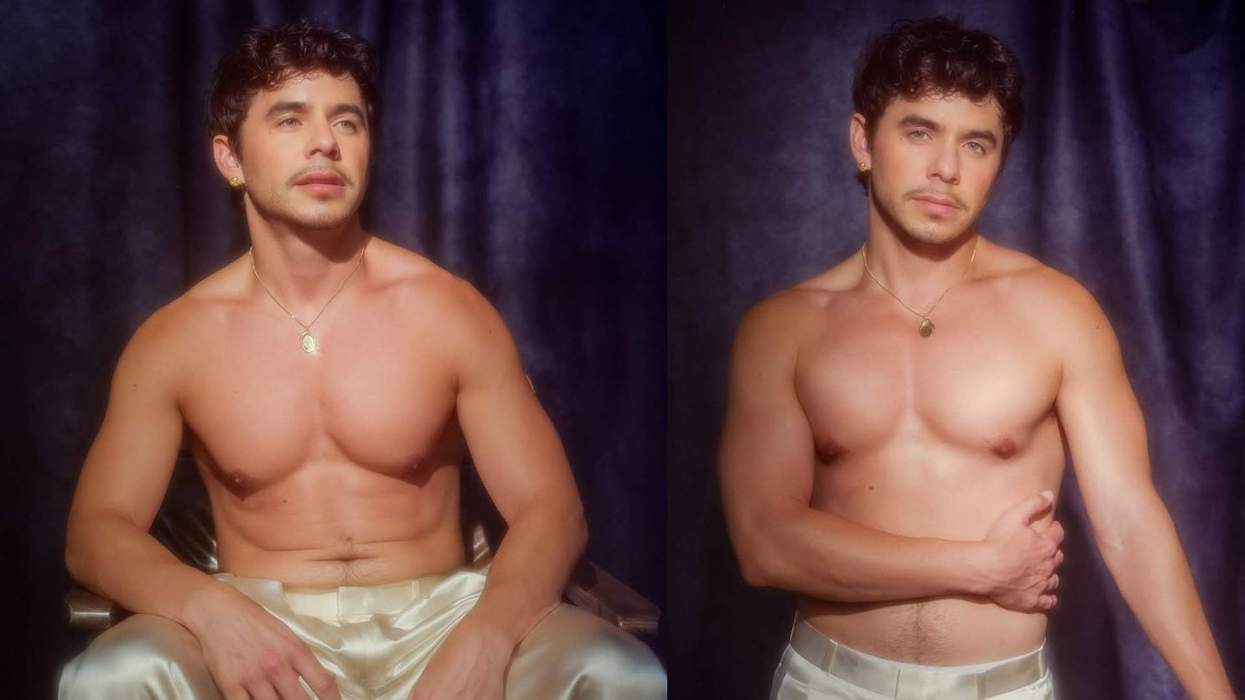
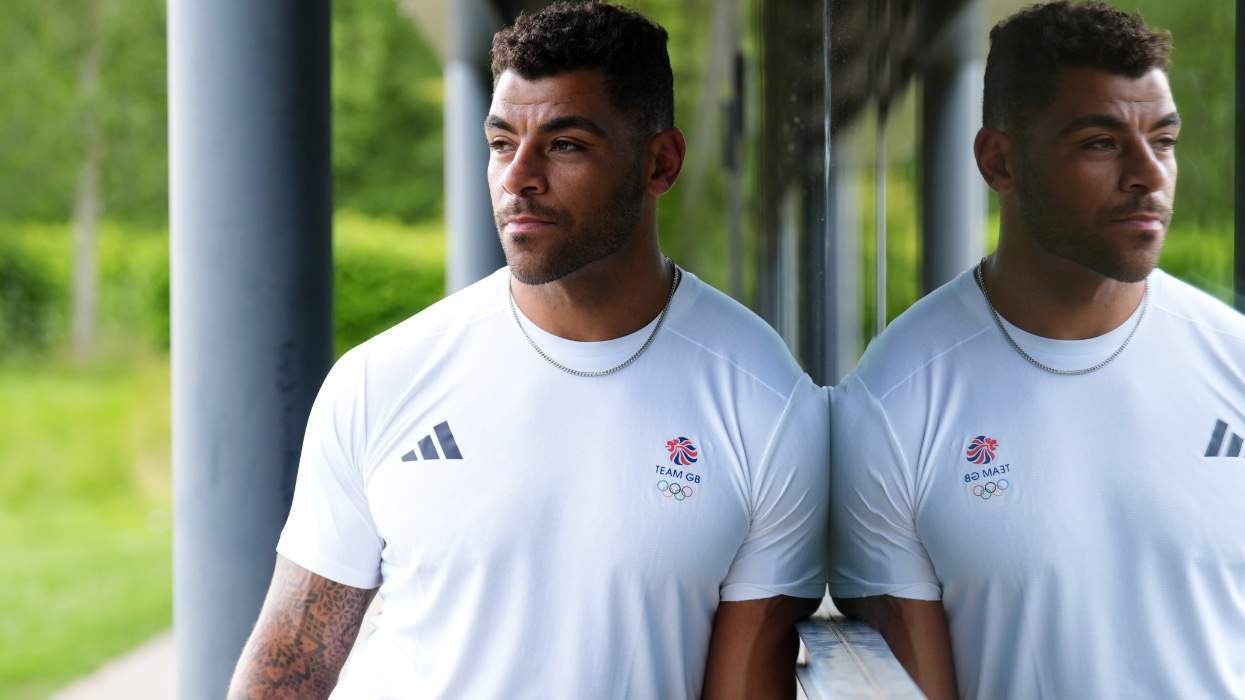
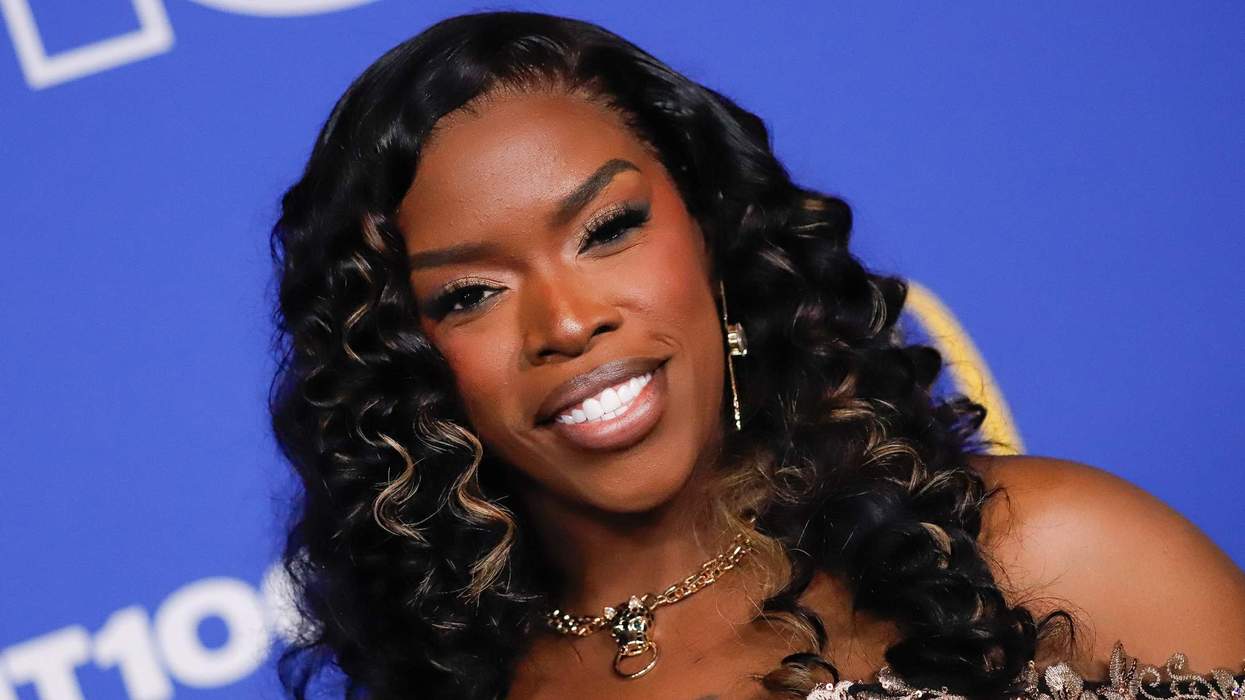

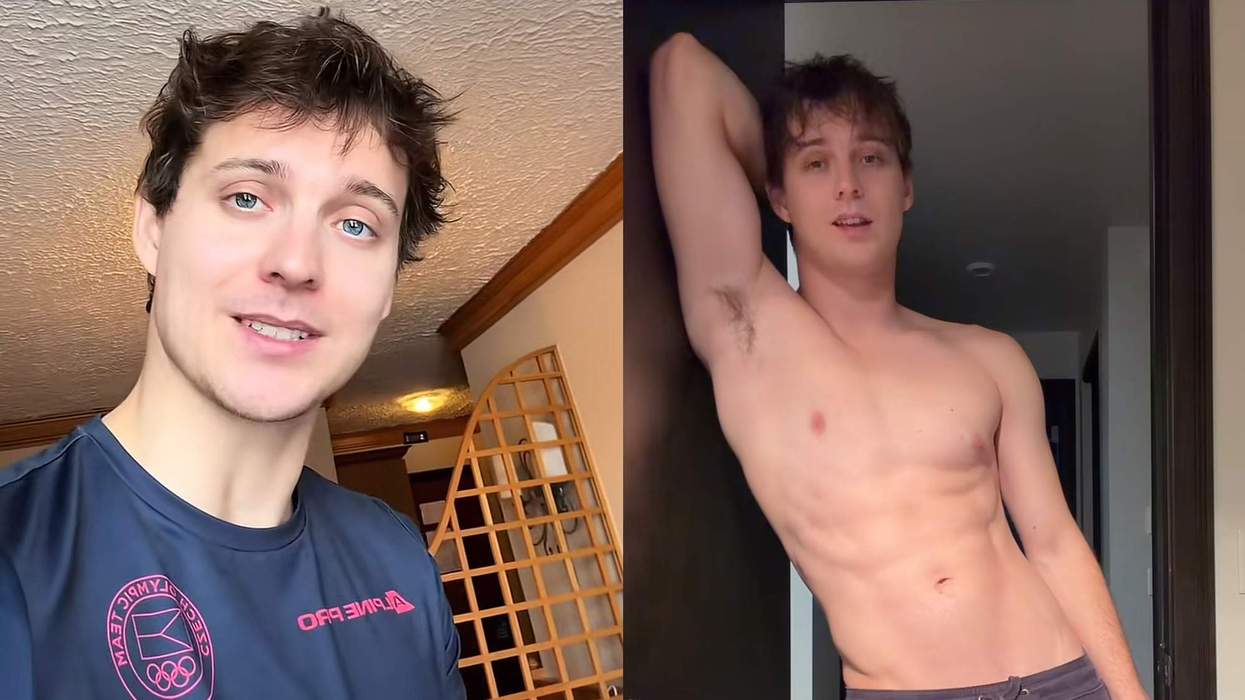


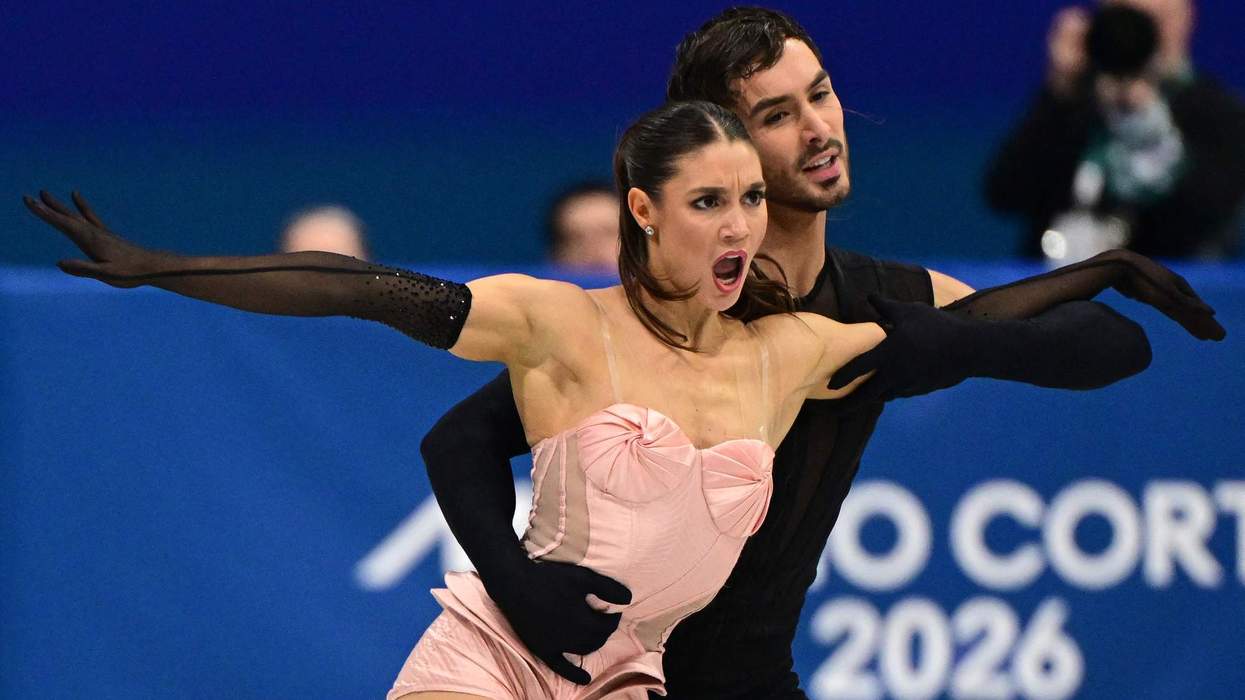
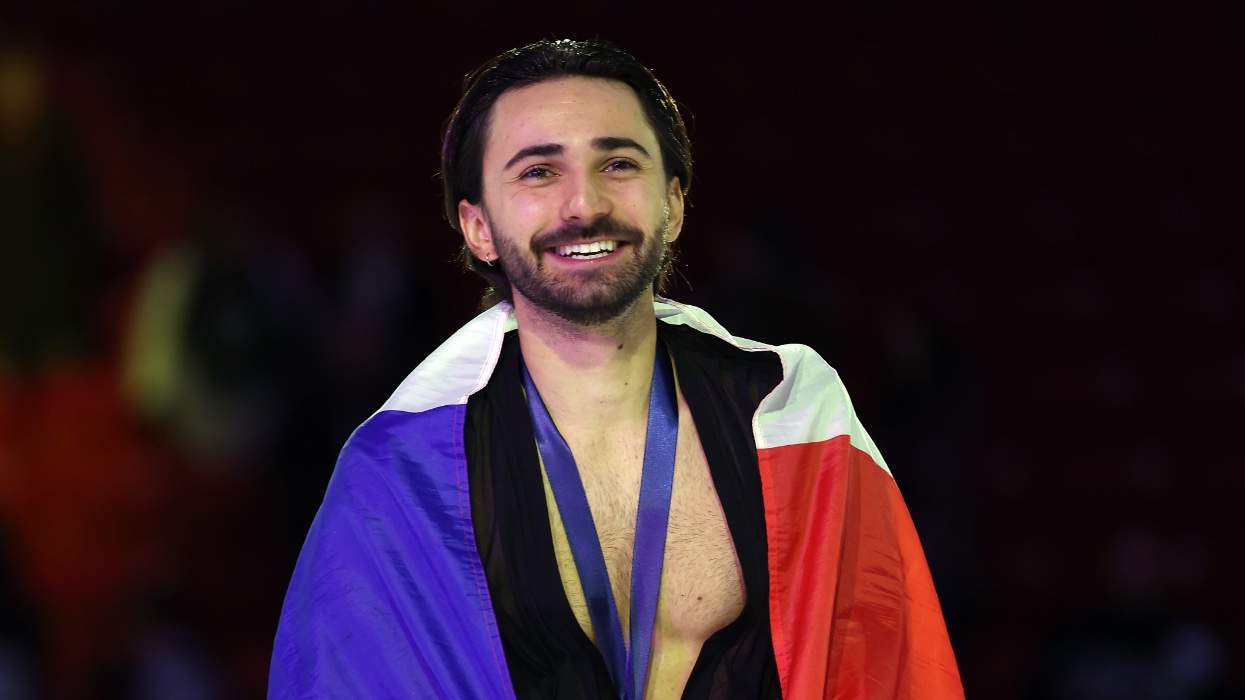
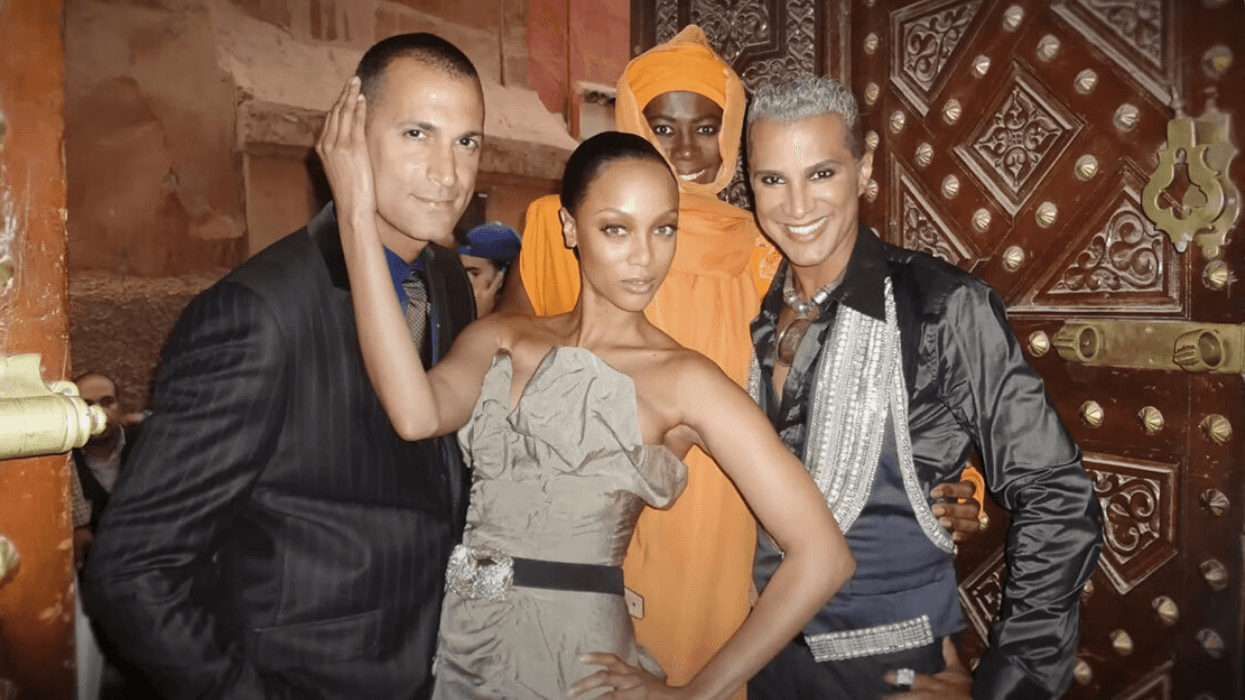
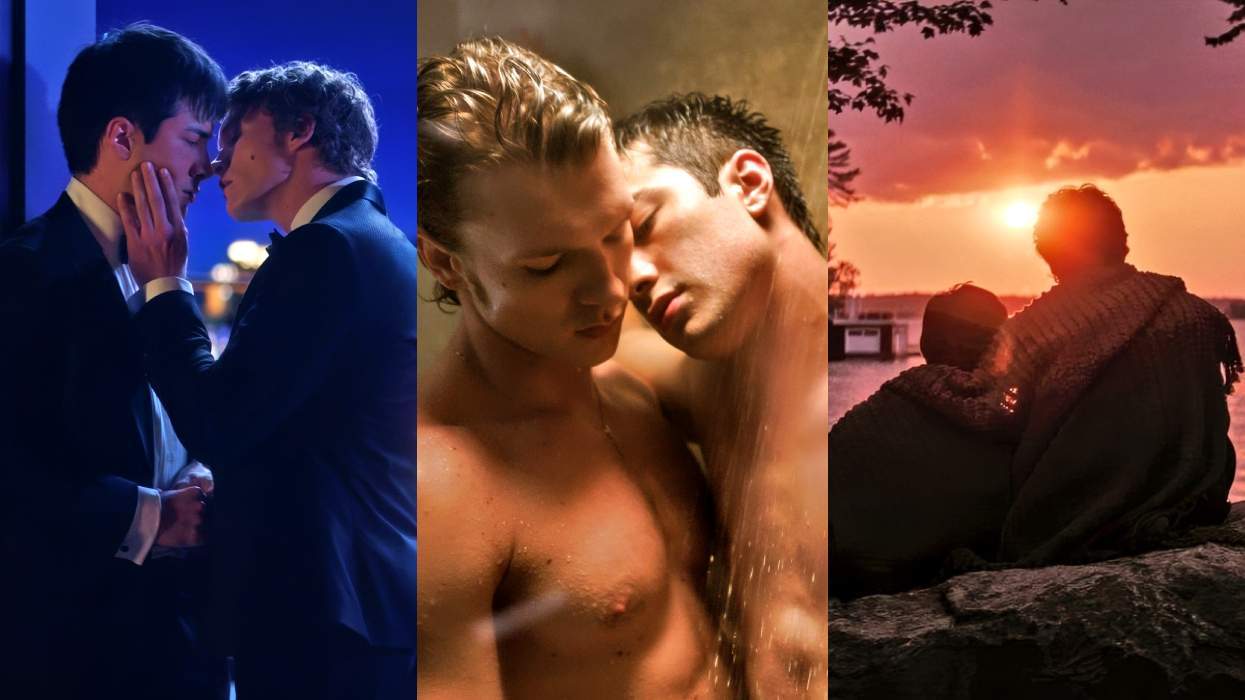
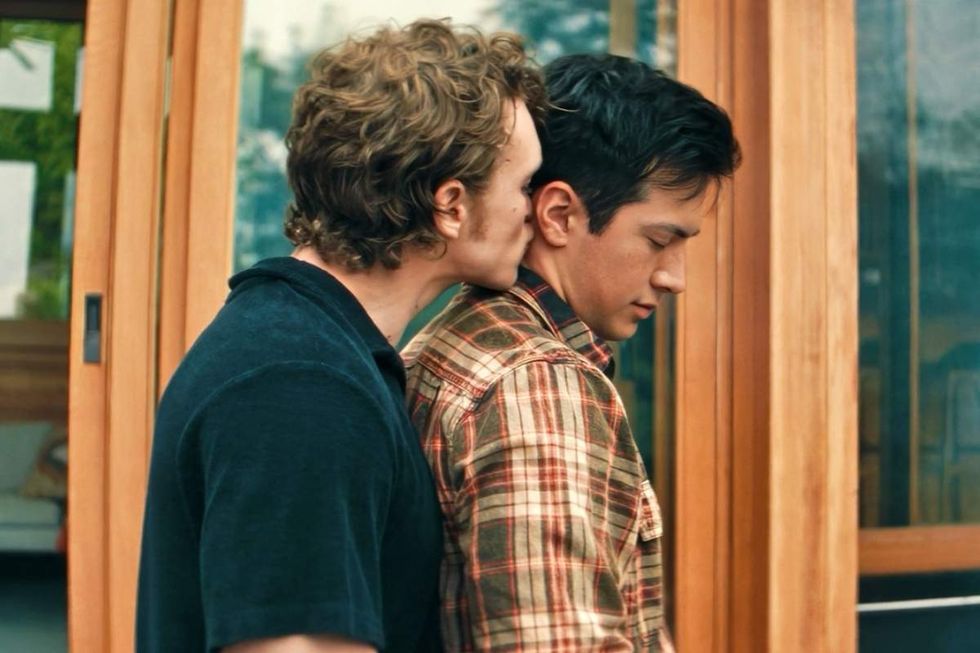 Hudson Williams as Shane Hollander and Connor Storrie as Ilya Rozanov on Heated Rivalry.HBO Max
Hudson Williams as Shane Hollander and Connor Storrie as Ilya Rozanov on Heated Rivalry.HBO Max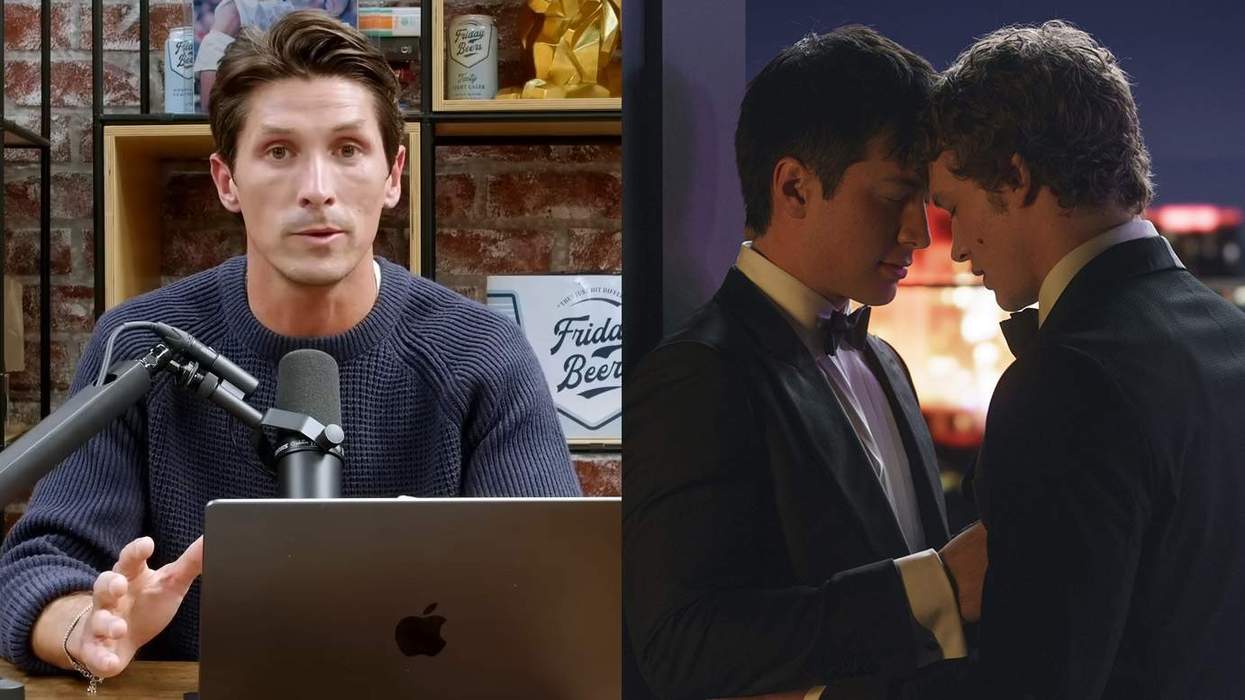
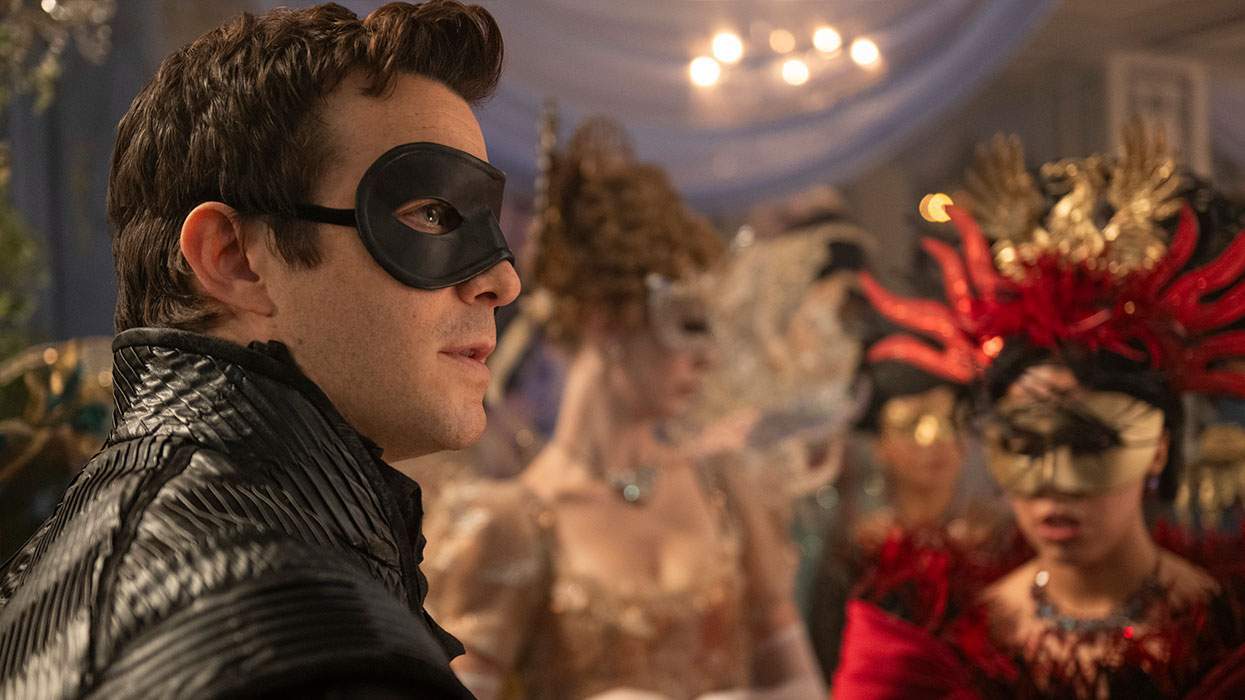

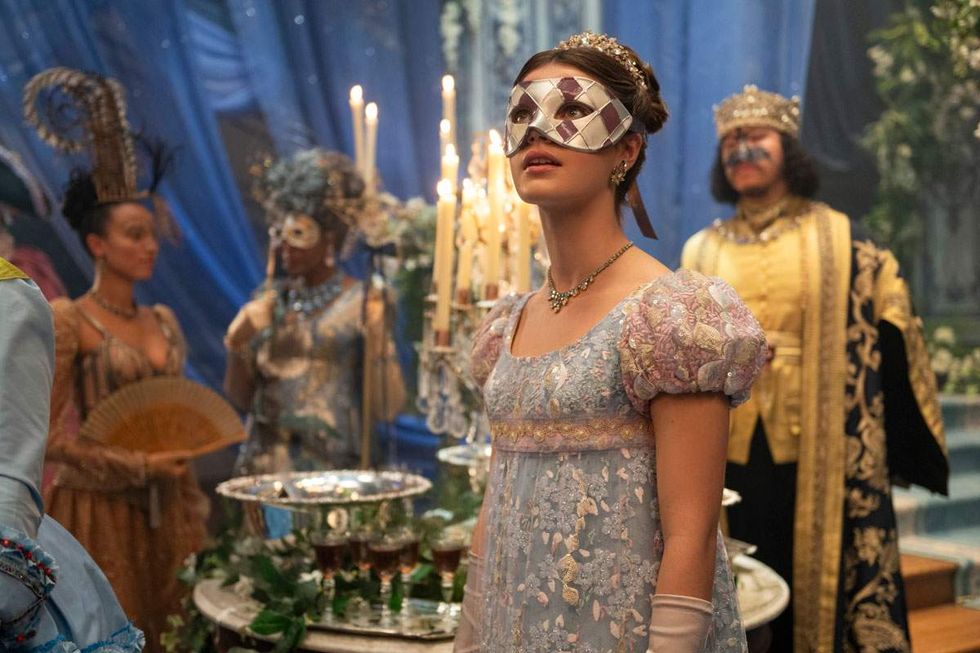 Hannah Dodd as Francesca BridgertonCourtesy Netflix
Hannah Dodd as Francesca BridgertonCourtesy Netflix
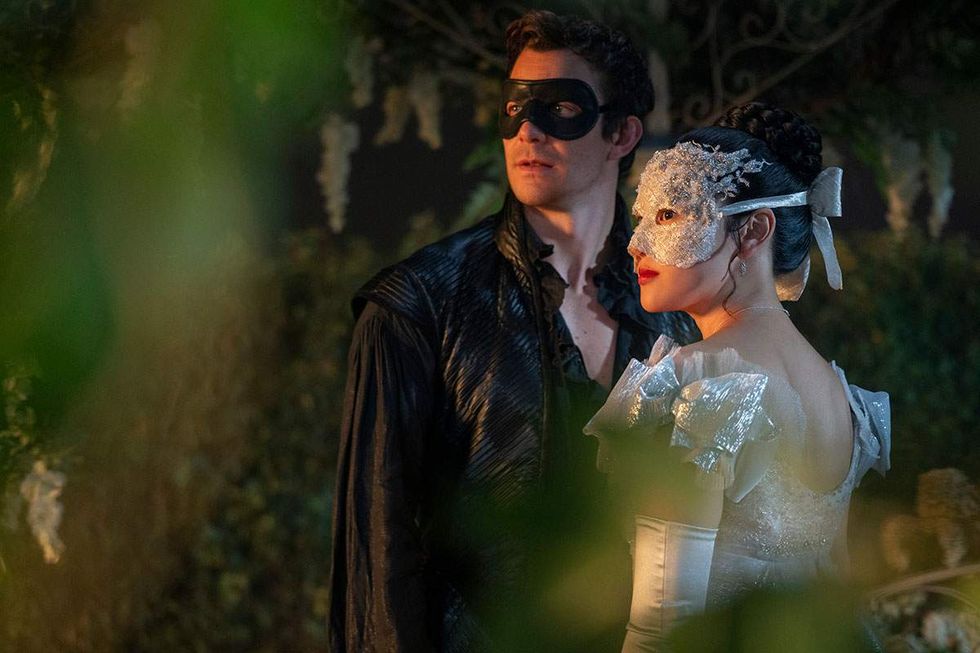 Benedict (Luke Thompson) and Sophie (Yerin Ha) in Bridgerton season 4.Courtesy Netflix
Benedict (Luke Thompson) and Sophie (Yerin Ha) in Bridgerton season 4.Courtesy Netflix